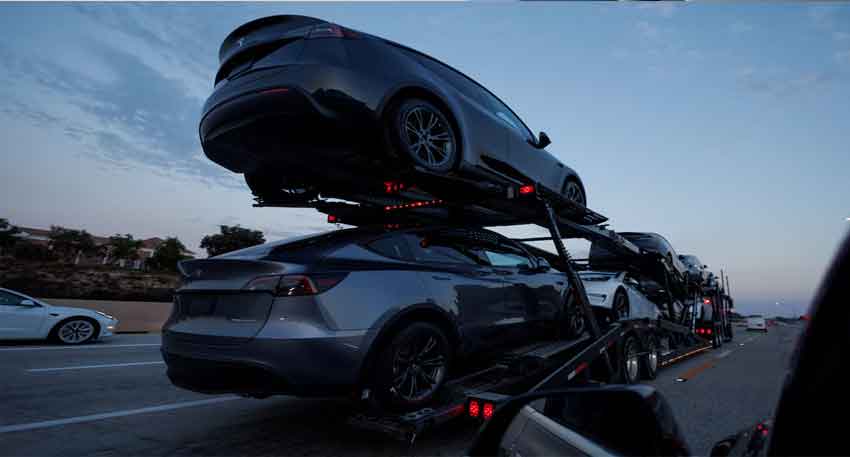
BYD’s best-selling cars that made the list of 99 such cars last year largely remain, while Tesla models, absent in the annual campaign held at least since 2020, made their debut this year.
Some Tesla executives told associates they were worried that denying the Model 2 was dead could land Musk in hot water with the Securities and Exchange Commission for misleading investors about a future product line that had been baked into their forecasts for the company.
Read More: Elon Musk’s DOGE provided tech support to cybercrime ring, records reveal
Musk had previously paid a $40 million settlement in 2018 over another social media post that the agency alleged misled investors that Musk planned to take Tesla private.
Reuters could not determine whether executives approached Musk directly with the SEC enforcement concern, nor if they alerted the SEC itself.
An SEC spokesperson declined to comment.
Musk s agreement with the SEC requires him to have his social media posts about certain aspects of Tesla, such as new business lines and forecasts about the company, first vetted by a lawyer.
Musk despises the settlement, according to people familiar with his thinking, and has told associates he doesn’t post anything that needs attorney approval.
The same day Musk denied the Reuters report, he lifted Tesla’s stock again in after-hours trading with a post saying “Robotaxi unveil 8/8,” for August 8, a plan he had not widely announced to Tesla employees, said people familiar with the matter. The Hollywood-style debut of a two-door “Cybercab” ended up being delayed until October and underwhelmed investors.
Many investors long ago gave up hope for a transformational $25,000 EV that would juice sales. Instead, Tesla posted its first annual vehicle sales decline in 2024 and sales were down 13% in the first quarter of 2025 amid rising competition and public protests against Musk’s work in the Trump administration.
In April, Chinese automaker BYD outsold Tesla in Europe for the first time and is taking the global lead in affordable EVs. BYD’s entry-level Seagull electric hatchback costs less than $10,000 in China and sells competitively for more than double that price in export markets.

